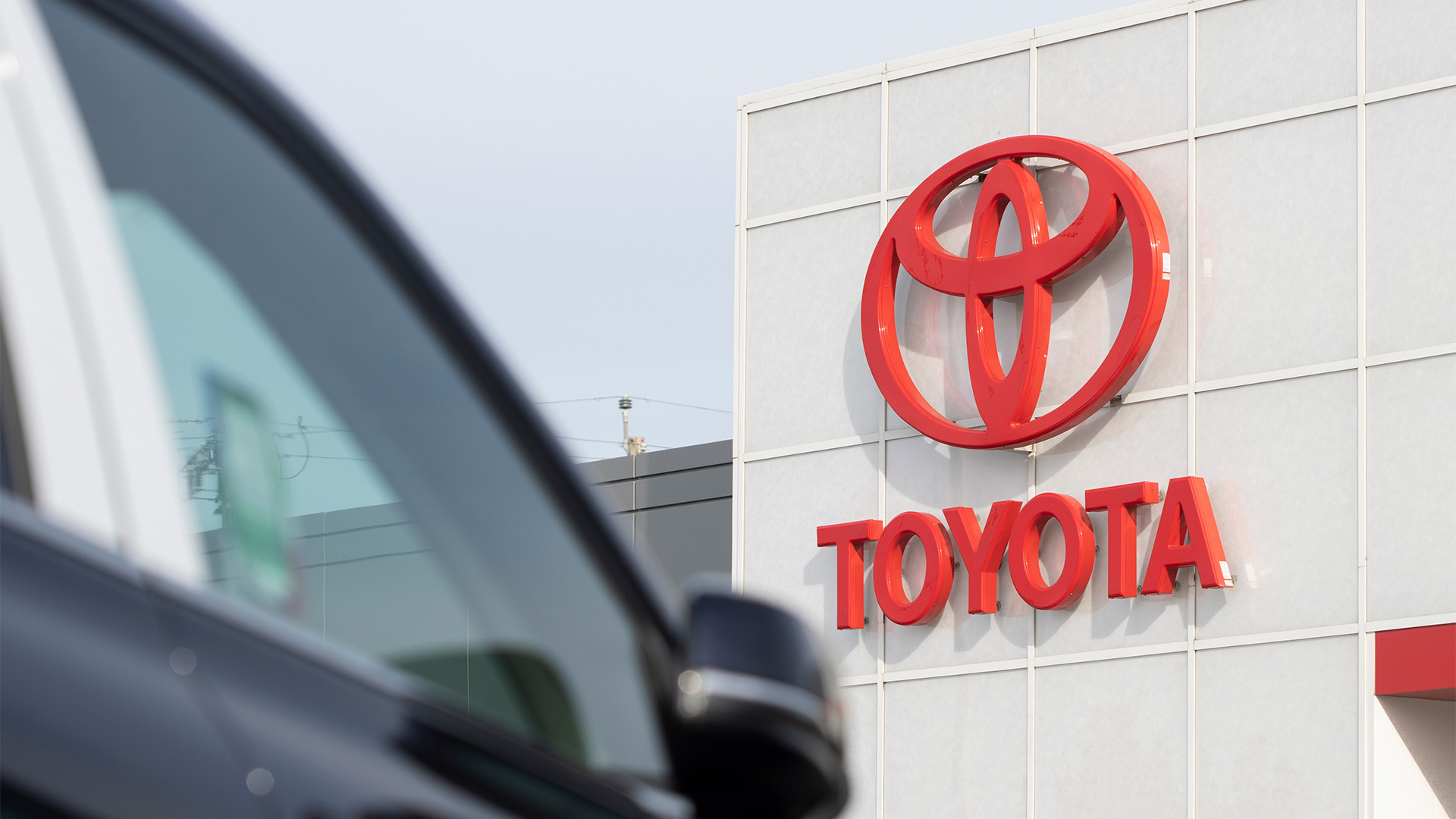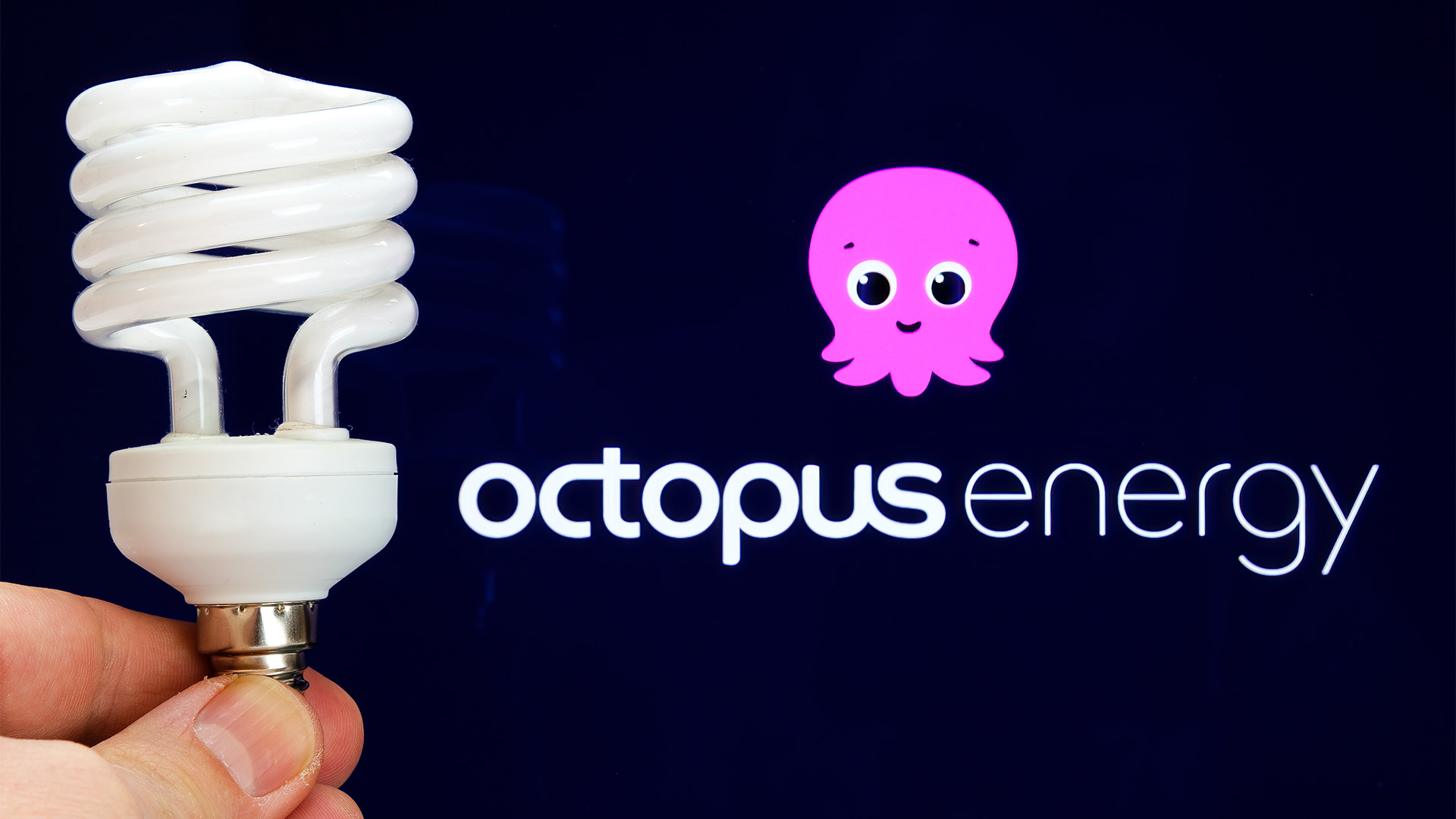Unlike its US rivals such as GM and Ford, Toyota believes in the necessity of transitioning to electric vehicles. Ford and GM have begun hedging their bets on the EV transition due to the higher costs resulting from recent multi-year wage negotiations with the United Auto Workers Union. They argue that the early adopters have already purchased EVs at the high prices they offer, making further EV sales challenging.
Both companies admit that their high EV prices now hinder market growth and show no interest in pursuing cost-cutting strategies, unlike Tesla and big Chinese carmakers like BYD. GM, Ford, and Stellantis have invested tens of billions in their transition efforts, but their sales growth is slowing due to the high prices.
In contrast, Toyota, often criticised for being slow to embrace EVs and favoring hybrid technologies, hydrogen, and solid-state batteries over lithium-ion versions, has sent a significant message to its rivals about the future. Toyota recently announced plans to invest an additional $8 billion in its hybrid and EV battery factory in North Carolina, signaling a strong commitment to the US electric vehicle market.
This investment will more than double Toyota's previous commitments and create over 3,000 new jobs, bringing the total investment in the North Carolina plant to approximately $14 billion. Toyota aims to sell 1.5 million to 1.8 million electric or hybrid vehicles in the US by 2030, a substantial portion of its US sales. While the company will continue to sell petrol-driven hybrids and conventionally powered vehicles, the focus is shifting toward electrification.
In 2022, Toyota sold over 2.1 million vehicles in the US, with electrified (hybrids) accounting for around 25% of the total. The company plans to add eight new production lines for electric and plug-in hybrid batteries, with a commitment to using 100% renewable energy for battery production at the North Carolina plant.
This facility will serve as Toyota's North American lithium-ion battery production center and supply batteries to the Kentucky-based plant producing its first US-made electric vehicles, starting with the Lexus range. Toyota, criticised for its slow EV production by environmental groups, plans to have 15 battery EVs available globally by 2025.
The Biden administration's support for the domestic supply chain and green subsidies could provide Toyota with significant incentives, tax breaks, and infrastructure upgrades from North Carolina and the US government, further strengthening its commitment to the electric vehicle transition. Unlike its US rivals, Toyota appears to be more dedicated to the transition, even as they struggle with the demand for lower-cost EVs.














